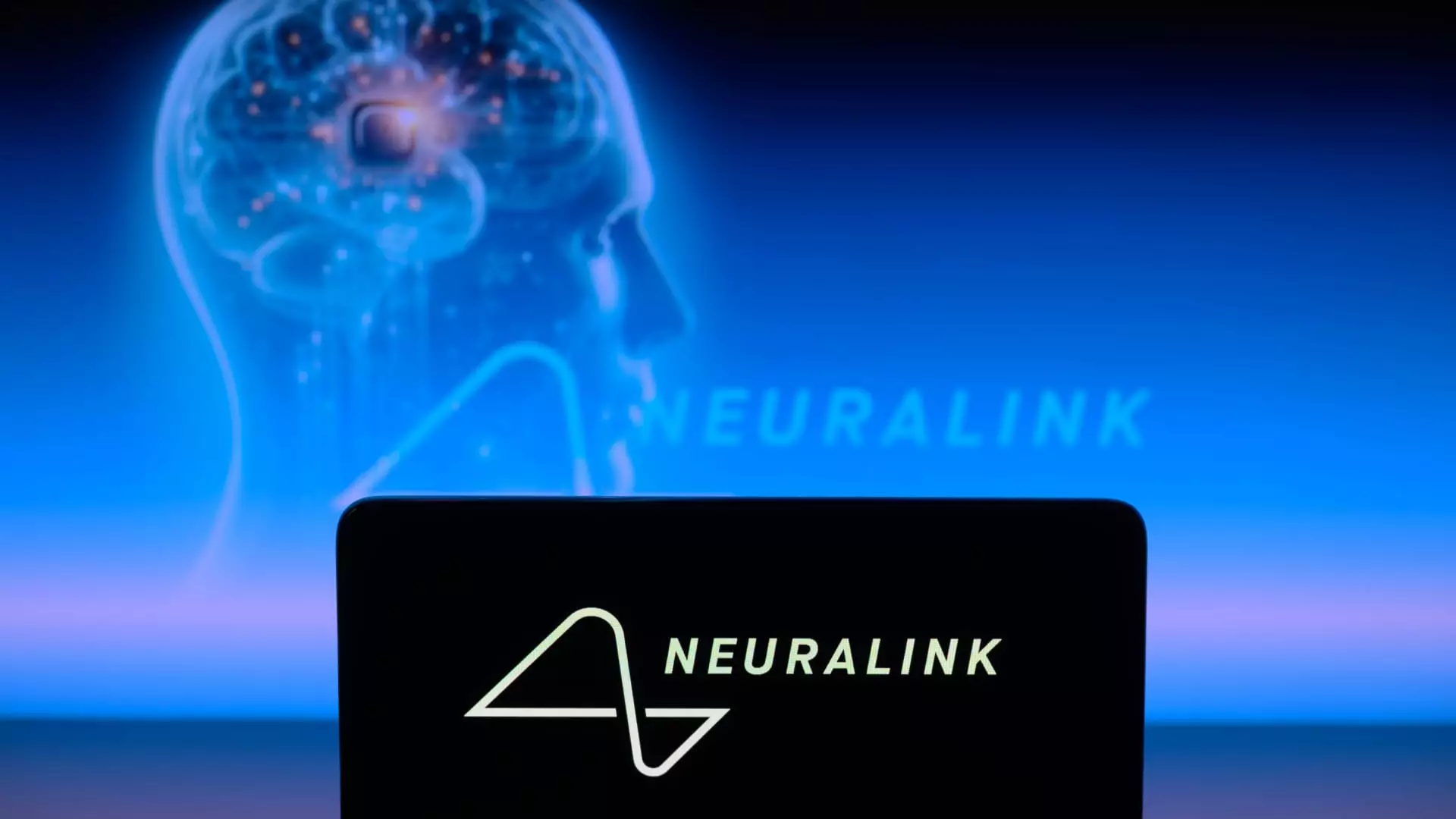Elon Musk’s startup Neuralink recently made headlines with a groundbreaking live video showcasing a patient using the company’s brain implant to control external technologies. The patient, Noland Arbaugh, is the first human to be implanted with Neuralink’s device, marking a significant milestone in the field of brain-computer interfaces.
A BCI is a system designed to decipher brain signals and translate them into commands for external technologies. The ultimate goal is to assist patients with severe paralysis in controlling devices using only neural signals. This technology opens up a world of possibilities for individuals with debilitating conditions like ALS, allowing them to perform tasks such as texting or scrolling through social media solely with their minds.
While Neuralink’s recent demonstration of its brain implant system is impressive, it’s important to note that the concept of BCI is not entirely new. Companies like Paradromics, Synchron, Blackrock Neurotech, and Precision Neuroscience have been working on similar BCI systems with varying success. Dr. Nader Pouratian, an expert in the field, emphasizes that while the technology is promising, there are numerous practical challenges that need to be addressed, such as interpreting and analyzing brain signals effectively.
Neuralink began recruiting patients for its first in-human clinical trial after receiving approval from the FDA. The company’s CEO, Elon Musk, revealed that Arbaugh was the first human recipient of the implant and was recovering well. However, details about the trial’s scope, participants, and objectives remain scarce, raising questions about the transparency of Neuralink’s operations.
Dr. Marco Baptista of the Christopher & Dana Reeve Foundation acknowledges the potential impact of BCI technology on patients but urges a cautious approach. While excited about Neuralink’s progress, he stresses the importance of scientific rigor and transparency in sharing information about the technology. Peer-reviewed publications and detailed reports are essential for building trust and understanding the full capabilities of Neuralink’s system.
Neuralink’s recent breakthrough in BCI technology represents a significant advancement in the field of neurology. While there is cause for optimism, it is crucial for companies like Neuralink to prioritize transparency, rigorous testing, and scientific documentation to ensure the safety and efficacy of their revolutionary technologies. The road ahead may be challenging, but the potential benefits for patients with neurological conditions are immeasurable.

